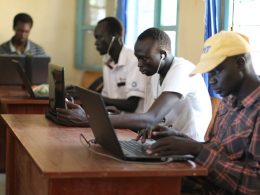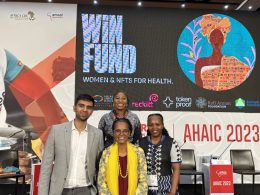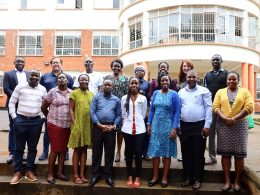The Swedish engineering company Sweco has been called upon to carry out a feasibility study for a floating solar technology project on Uganda’s hydro reservoirs as well as coming up with a detailed blueprint for a pilot plant.
Most of the electricity generated in Uganda is from hydroelectric power. The country is also in the process of installing several run-of-river dams on the river Nile, including the 600MW Karuma Hydropower Station. The country has plans to achieve 80% of electricity access by 2040, with only a current access rate of 30%.
Power generated from a floating solar system will enable Uganda to diversify its energy mix, boosting the already existing power capabilities of the country. The solar panels will be deployed on the surface of a reservoir that forms part of the setup of hydroelectric power plants.
Sweco will carry out preliminary assessments at four hydroelectric facilities to determine which of them is most suitable for building a solar facility. A comprehensive study and design will follow, and relevant specifications will be determined.
This will be followed by the procurement of contractors, financial determinations, and evaluation of environmental impact as useful data for investment decisions.
“This is a new technological field that is highly attractive for power companies, private investors and financiers. The energy sector is conducting an increasing number of innovative projects, and Sweco has great ambitions to participate in international initiatives to contribute to the green transition,” Conny Udd, division manager for energy and industry, at Sweco Sweden, says.
Swecon will partner with two consultancy firms from France and Germany, along with subcontractors from Uganda. The project will kick off as soon as possible and run for 21 months, with the key deliverables being a feasibility study report and a thorough design of a pilot floating solar photovoltaic plant. The project will have an estimated cost of $739,000.
The project is in line with an agreement between the Swedish and Uganda governments and is financed by Swedfund, a state-owned firm that acts as Sweden’s development finance institution.








